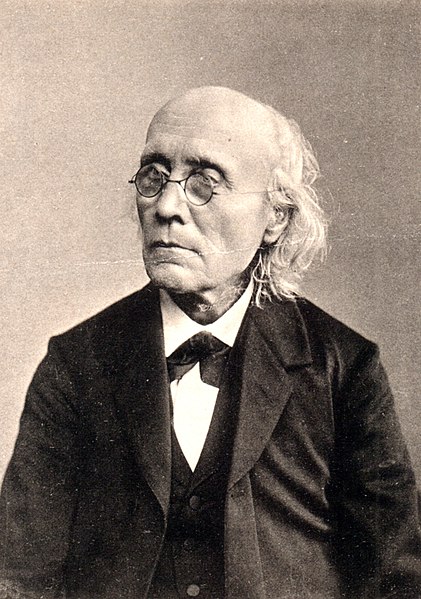Mathematical psychology is an approach to psychological research that is based on mathematical modeling of perceptual, thought, cognitive and motor processes, and on the establishment of law-like rules that relate quantifiable stimulus characteristics with quantifiable behavior. The mathematical approach is used with the goal of deriving hypotheses that are more exact and thus yield stricter empirical validations. There are five major research areas in mathematical psychology: learning and memory, perception and psychophysics, choice and decision-making, language and thinking, and measurement and scaling.
Ernst Heinrich Weber
Gustav Fechner
Theory of conjoint measurement
The theory of conjoint measurement is a general, formal theory of continuous quantity. It was independently discovered by the French economist Gérard Debreu (1960) and by the American mathematical psychologist R. Duncan Luce and statistician John Tukey.
Figure One: Graphical representation of the single cancellation axiom. It can be seen that a > b because (a, x) > (b, x), (a, y) > (b, y) and (a, z) > (b, z).
Figure Two: A Luce–Tukey instance of double cancellation, in which the consequent inequality (broken line arrow) does not contradict the direction of both antecedent inequalities (solid line arrows), so supporting the axiom.
Figure Three: An instance of triple cancellation.





